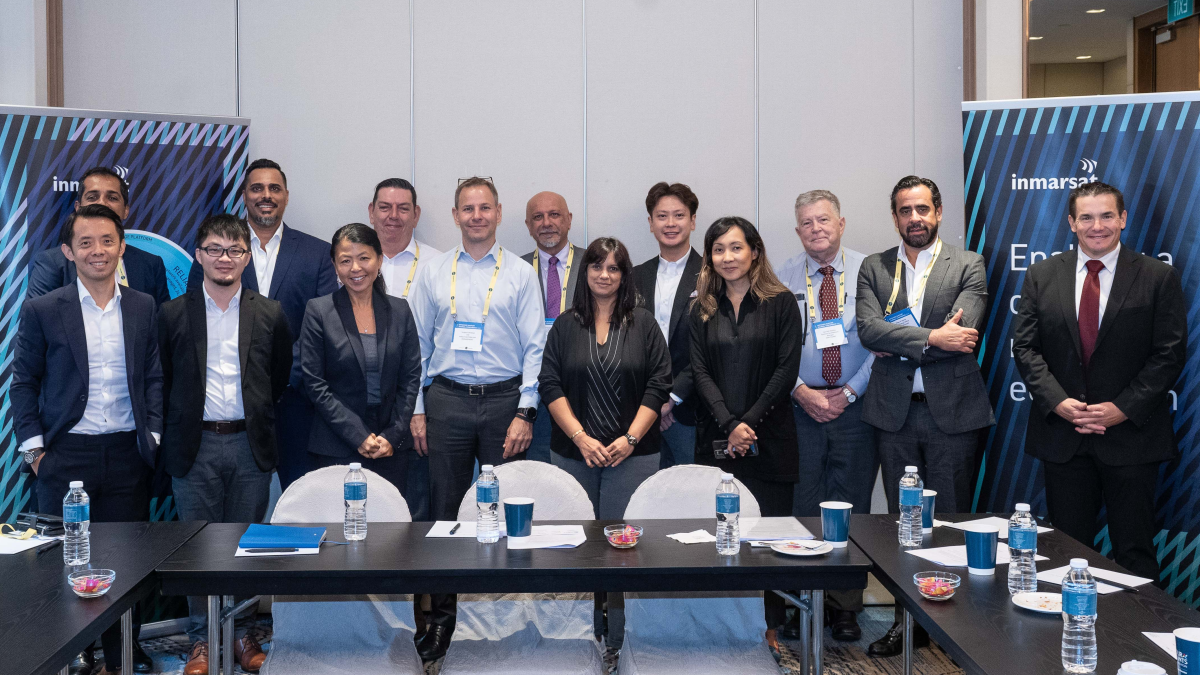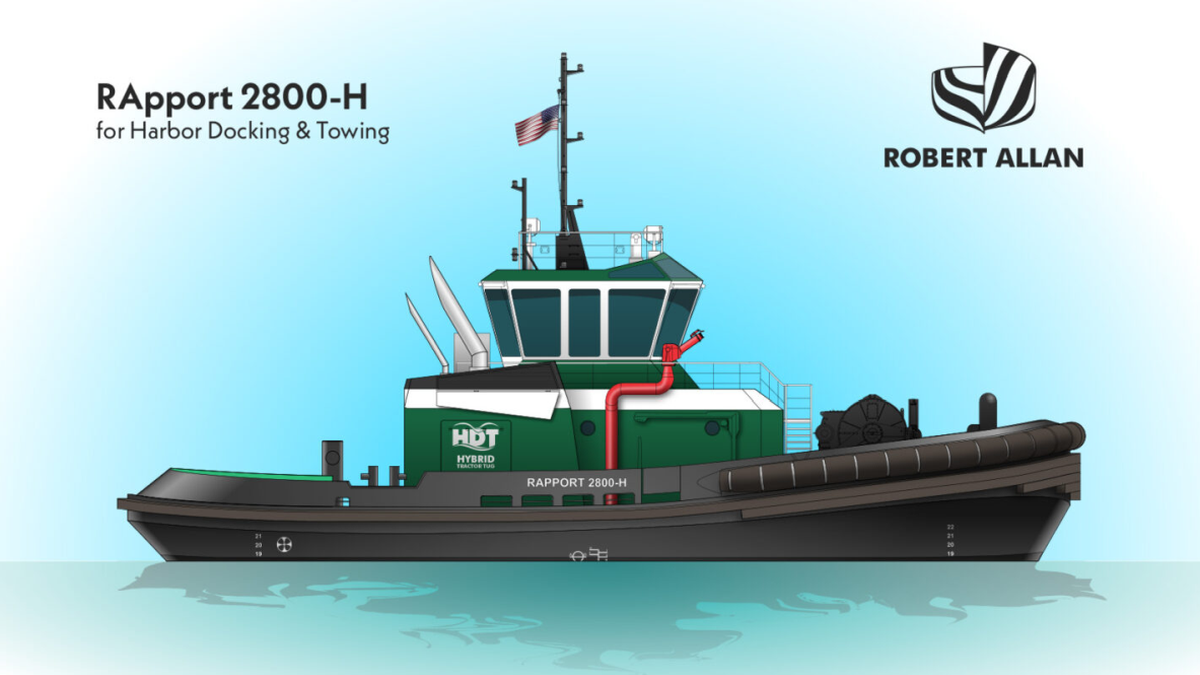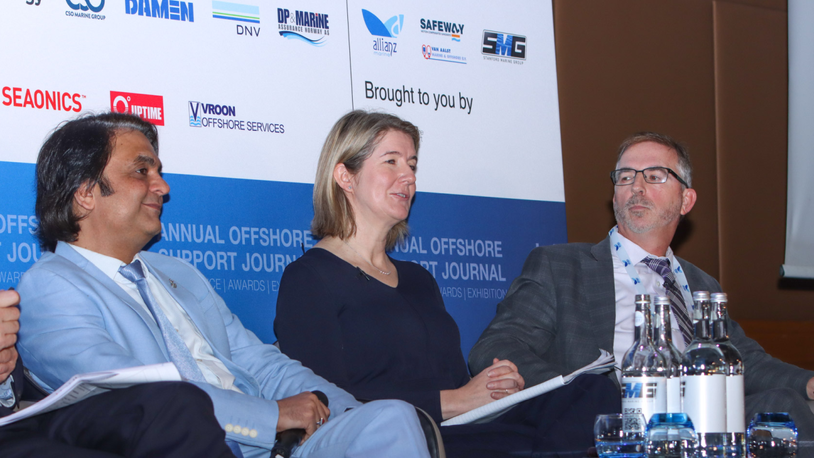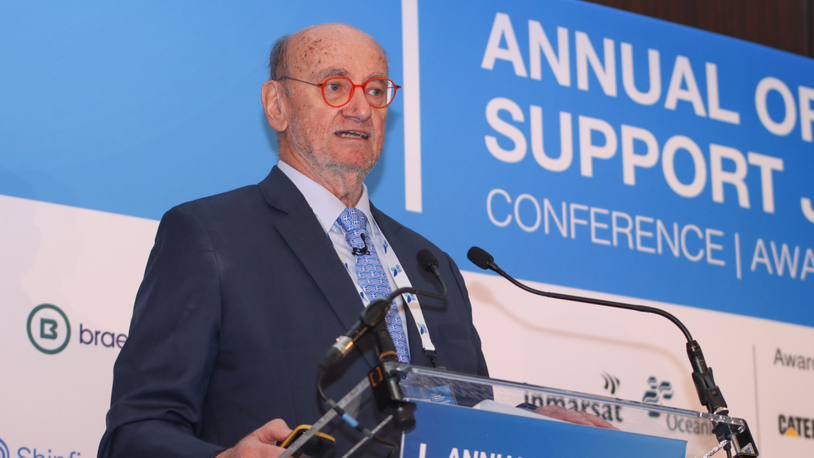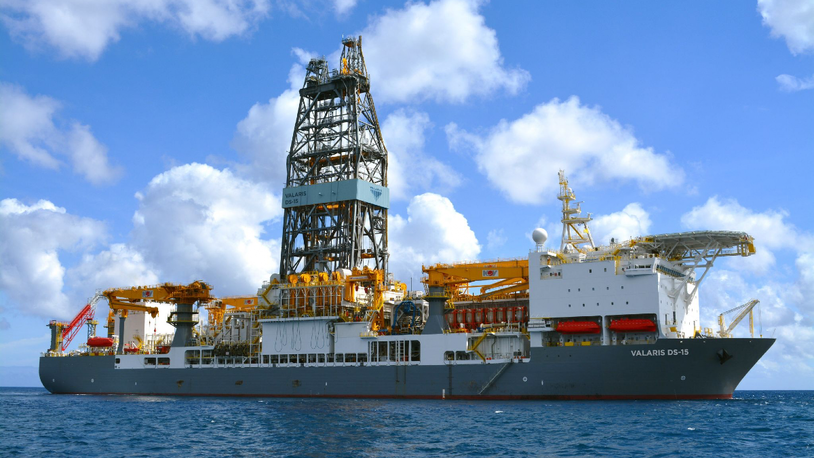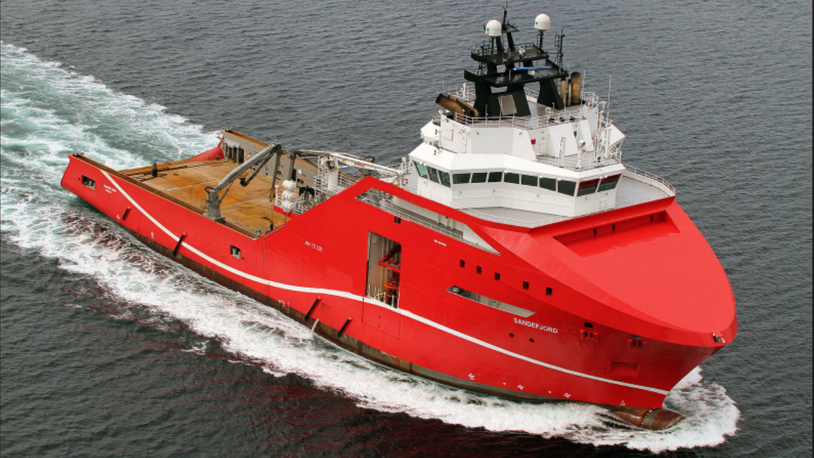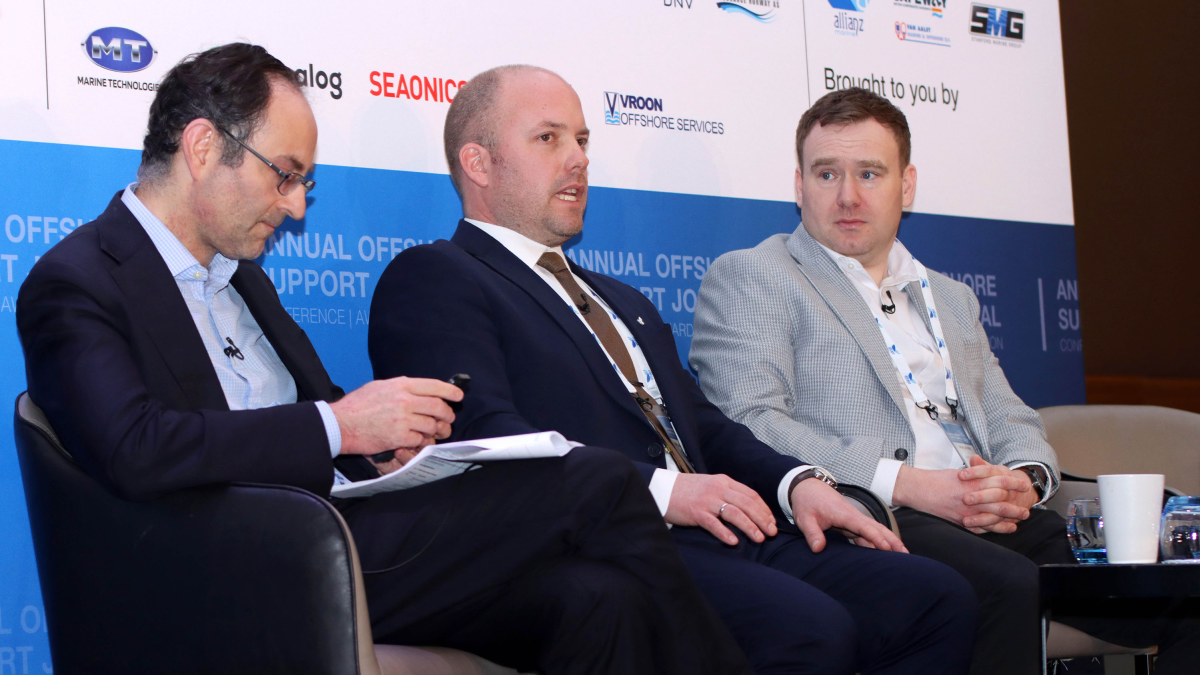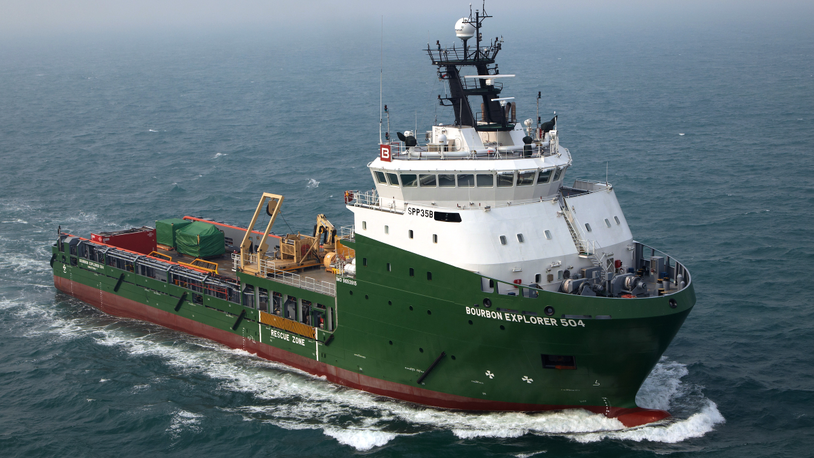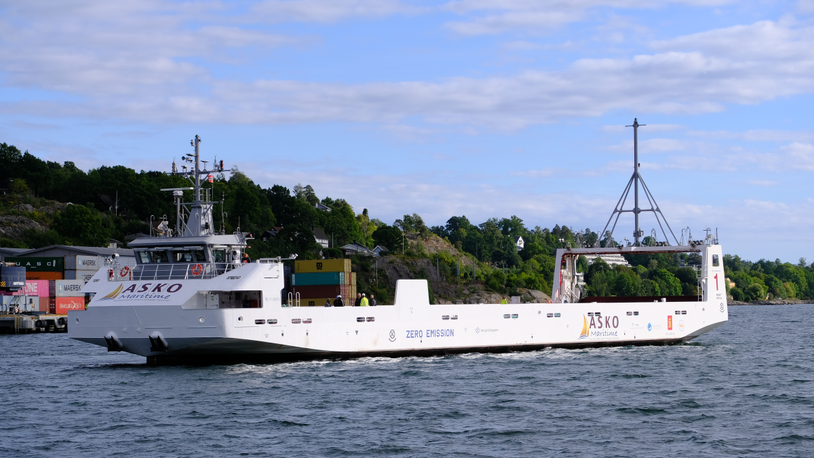Business Sectors
Events
Floating energy: successfully unlocking stranded gas using FLNGs and FSRUs
Contents
Register to read more articles.
Roundtable exclusive: data sharing and connectivity top owners' agendas
Cyber security, data analytics and information sharing are fast-developing areas of focus for the global offshore support sector, according to participants at a recent roundtable event in Singapore
Vessel owners, operators and managers from around the globe debated the latest issues and solutions for improving connectivity and enhancing communications during a session before Riviera Maritime Media’s Offshore Support Journal Conference, Asia in September.
Representatives at the Inmarsat-hosted event came from companies such as Anglo-Eastern Shipmanagement, Britoil, Caterpillar Marine, E-Nav Offshore, MMA Offshore, M3 Marine, OSM Thome, Synergy Offshore, Tidewater Offshore Operations, Vallianz Holdings and Vroon.
Top executives discussed the way vessel owners are leveraging satellite connectivity to improve profitability and drive sustainability in the offshore sector. Several emphasised the increasing importance of real-time data as a source for greater vessel efficiency and its potential to generate new business opportunities based on those gains.
One owner highlighted data gathered from condition-based monitoring as the bedrock of better planning ahead on maintenance, as well as for its value in preventing onboard issues. “We have created a standard planned maintenance system across our fleet using onboard data,” he said.
There are instances of data management systems being installed but no one managing them, according to one owner, while another commented that there were “many examples of getting the data and not doing anything with it.”
However, others identified data as a tangible asset. One leading owner emphasised the importance of investing in connectivity and data for providing real-time information to charterers.
“When working in the Middle East, clients are moving towards digitalisation,” he said. “There is an ever-more scramble to get the data and need for owners to share the data with each other and with clients.”
"Owners can save up to US$30M from bunkers costs by reducing transit speeds and waiting times outside supply bases and offshore"
Others reported operational expenditure savings as real and growing. “Connectivity provides real-time data to captains, enabling them to make fast interventions,” said a representative from one of the largest global OSV owners. “The next step is to collate data and use this information for operational safety and meeting emissions targets.”
One chief executive managing a growing fleet in Asia placed considerable emphasis on the pressing need for more connectivity for various applications across different types of vessels operating for multiple clients.
“There are massive demands from the bandwidth,” he said. “Some of the biggest issues are connecting all of the vessels and implementing cyber security. Some of the onshore applications of office services do not work on vessels.”
When connectivity, data transmissions and analytics do work in harmony, vessel owners can use resulting information and analysis to reduce fuel consumption and emissions.
Owners can save up to US$30M from bunkers costs by reducing transit speeds and waiting times outside supply bases and offshore, said a top representative from a shipmanagement company.
Where connectivity is reliable, crews are accessing more online services and media, including educational information for career development.
One owner said crew were using data on vessels for reducing fuel consumption and communications for sourcing risk assessments and other educational documents.
Investing in satellite communications in order to offer reliable internet to crew was also reaping rewards in terms of recruitment and talent retention, according to the consensus view.
Nevertheless, key challenges remain which frustrate full potential from being realised, with OSV owners, managers and OEMs highlighting data standardisation, information sharing and collaboration as unresolved issues.
One owner asked rhetorically “How much data are we willing to share?” to benefit the industry as a whole, and while a representative of one major global OSV owner said his company was prepared to share data with rivals, others in the room were more reluctant. Data, it seems, is generally shared only when clients demand it.
Greater consensus emerged over the need for a formatting standard that would be agnostic of equipment supplier and engine make. Owners also agreed that whatever solution is developed, it would need to be correct first time, as it would be too expensive and time-consuming to make changes.
Owners also expect progress on information sharing, although this is anticipated as happening in ‘baby steps’, with the timeline for collaboration and data sharing between five and seven years.
“People want to do the right thing,” said one owner of a global OSV fleet, adding an industry working group would be established next year to drive change.
One of the OEMs in the room said that more information was needed from shipmanagers and owners to plan ahead on developments for optimising propulsion and introducing new technologies and fuels. This is possible only if the data from the vessel is accurate and received on time, he said
Software was also a concern for owners and managers around the table, with delegates agreeing that it need to be developed to fit into existing systems - and not the other way round.
“Cyber security is becoming increasingly important for owners”
Concerns were also voiced that companies investing in a software platform can discover its shortcomings after the fact and get stuck with a redundant solution that is quickly overtaken by a better platform. However, one consultant observed, “software itself is not going to manage your company. You need to train for it to work.”
Nevertheless, the greater part of the debate on software platforms focused on their role in supporting the needs of multiple OEMs and data from several pieces of equipment on board OSVs.
Owners were calling for a standard, a single software platform for processing and analysing data and information from vessels. But currently “everyone has their own platform,” said one of the owners.
Cyber security was also identified as a major issue for OSV owners, operators and managers. One owner said, “Companies have to deal with cyber security concerns.”
Inmarsat Maritime vice president for offshore energy and fishing Eric Griffin said one of the conclusions from the roundtable debate was increasing sharing of cyber-security insights across the industry to prevent incidents and issues in the future.
“Cyber security is becoming increasingly important for owners,” he said. With data also being increasingly recognised as an asset with tangible and exchangeable value, stepping up efforts on its standardisation is critical for resilience against cybercrime, added Mr Griffin.
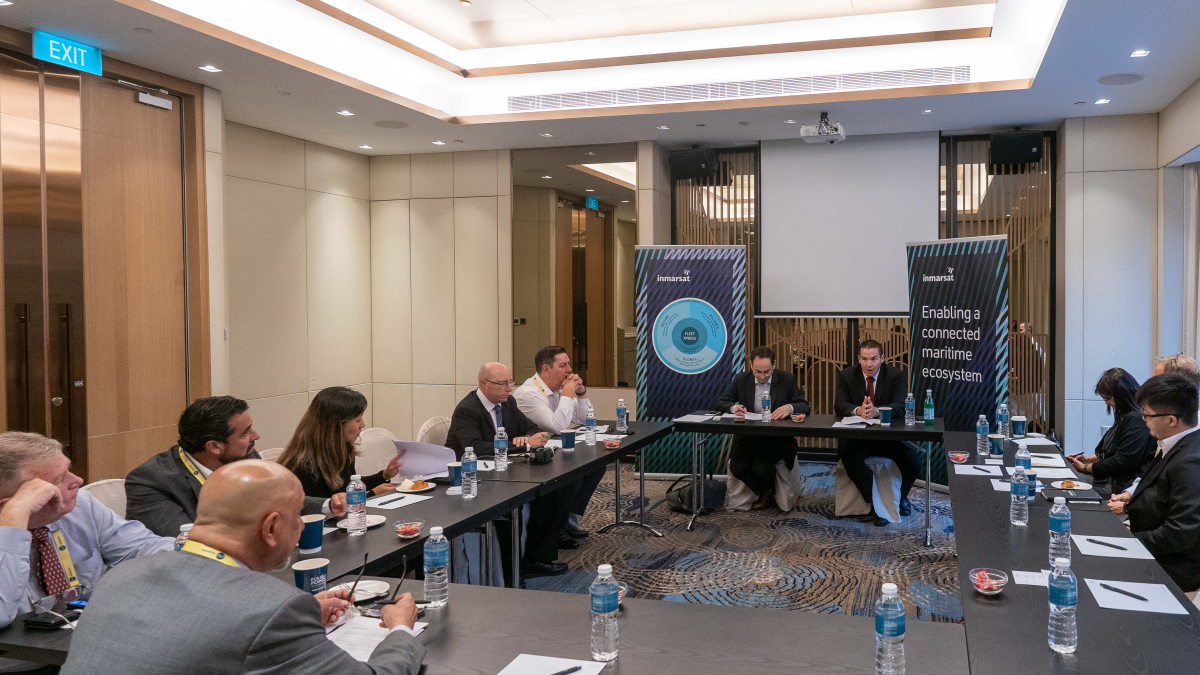
Another roundtable of OSV owners will be held during Riviera Maritime Media’s Offshore Support Journal Conference, Middle East which will be running 6-7 December 2023 in Dubai, UAE. Use this link for further information and to register your interest
Related to this Story
Events
Maritime Regulations Webinar Week
Floating energy: successfully unlocking stranded gas using FLNGs and FSRUs
© 2024 Riviera Maritime Media Ltd.


